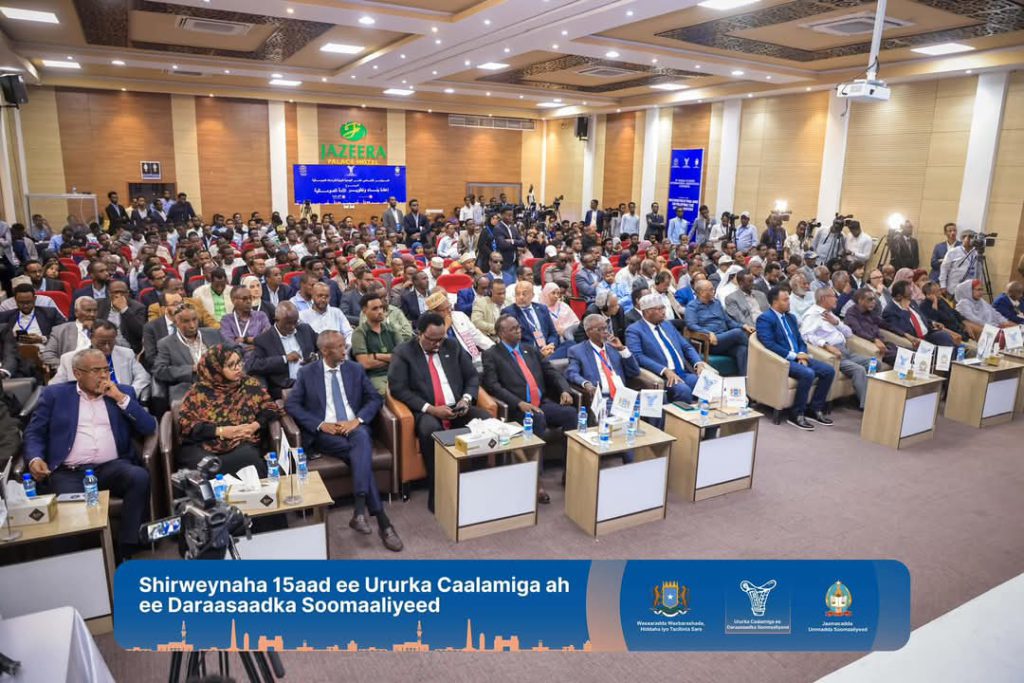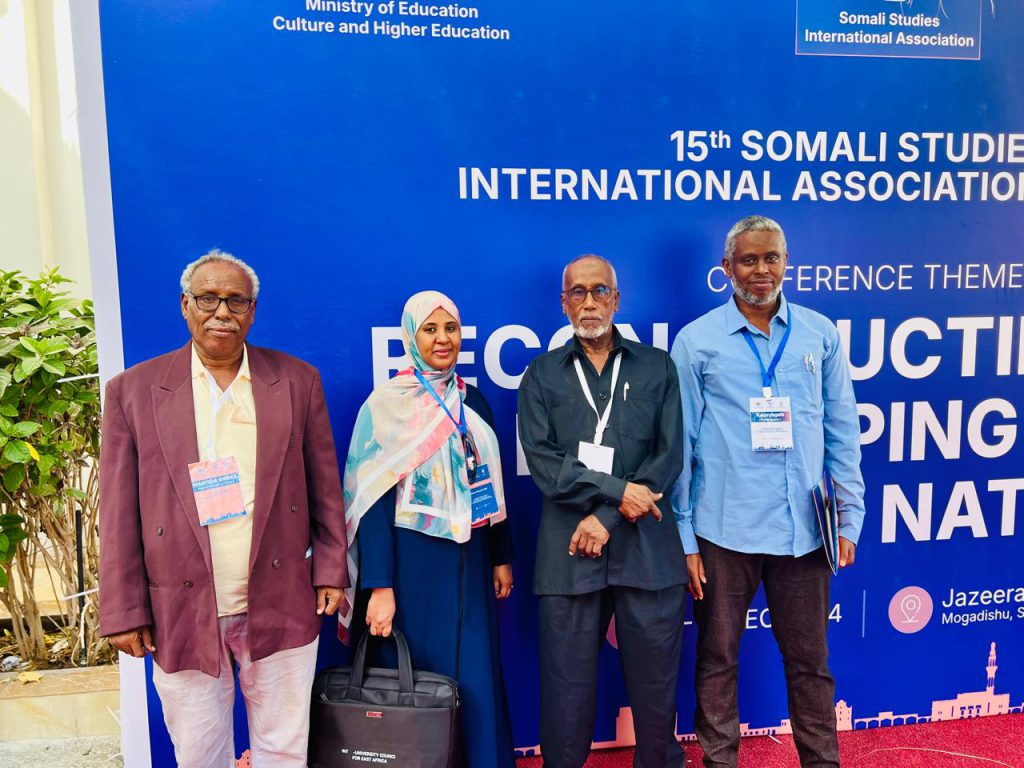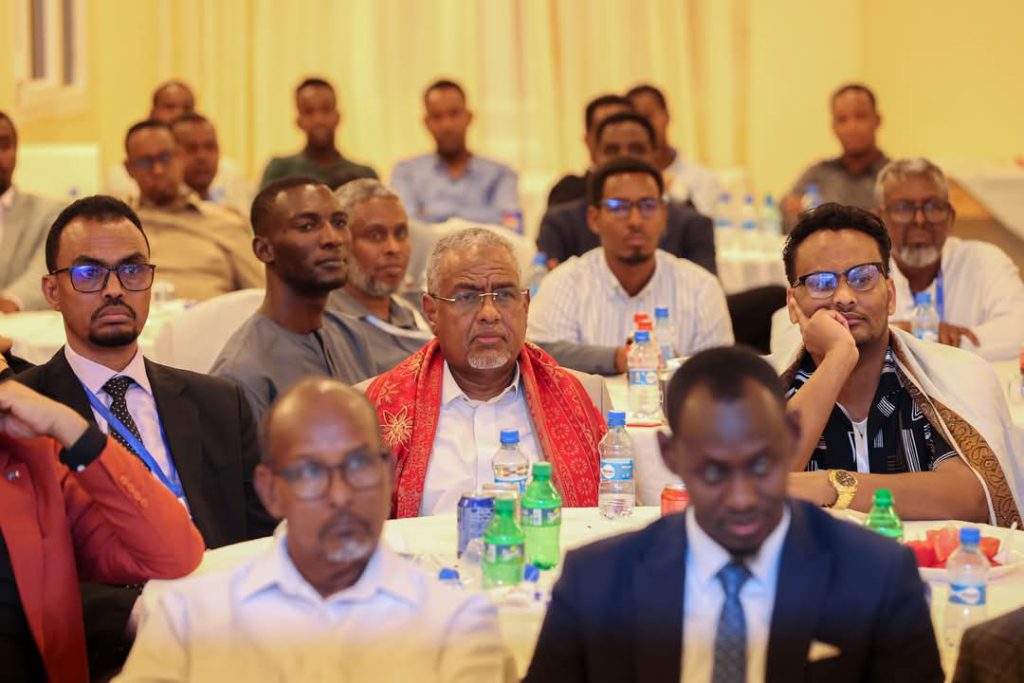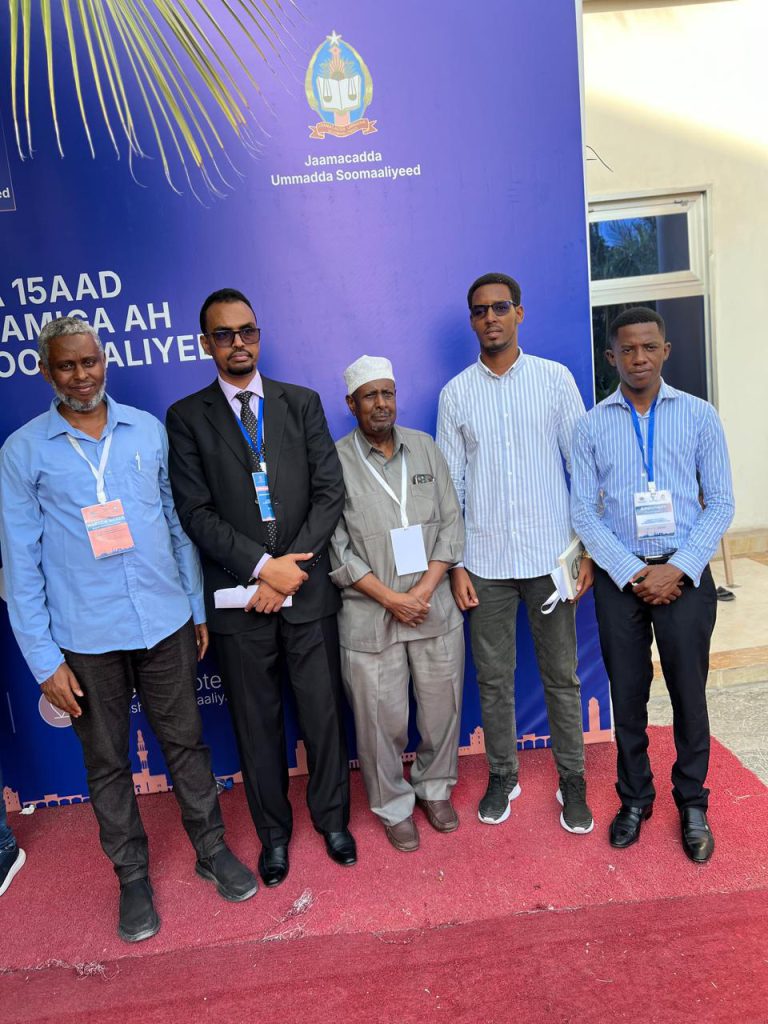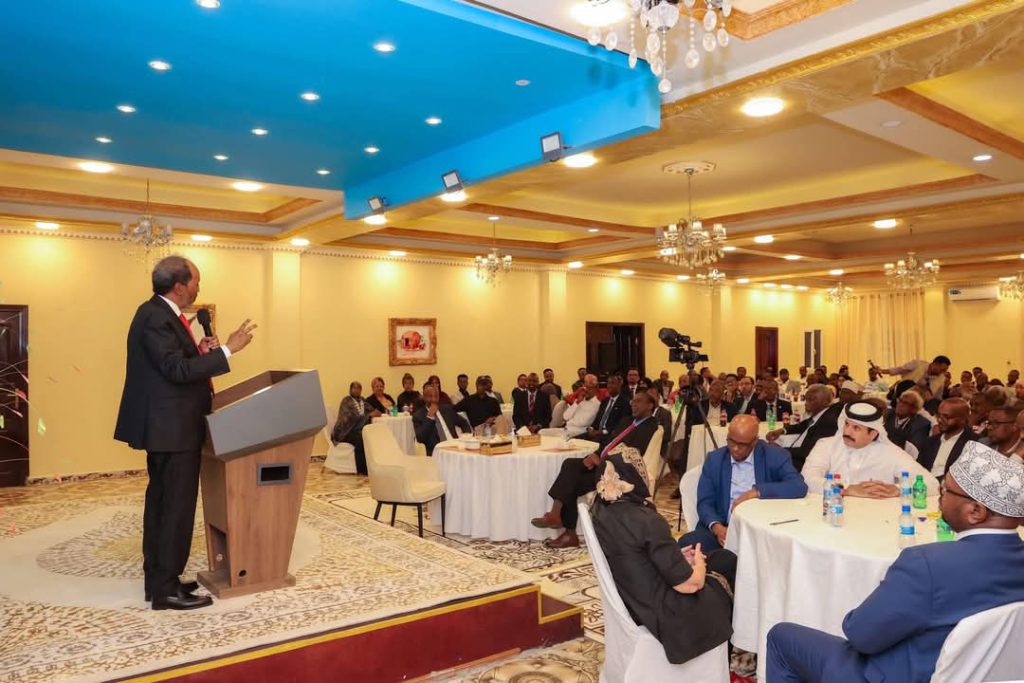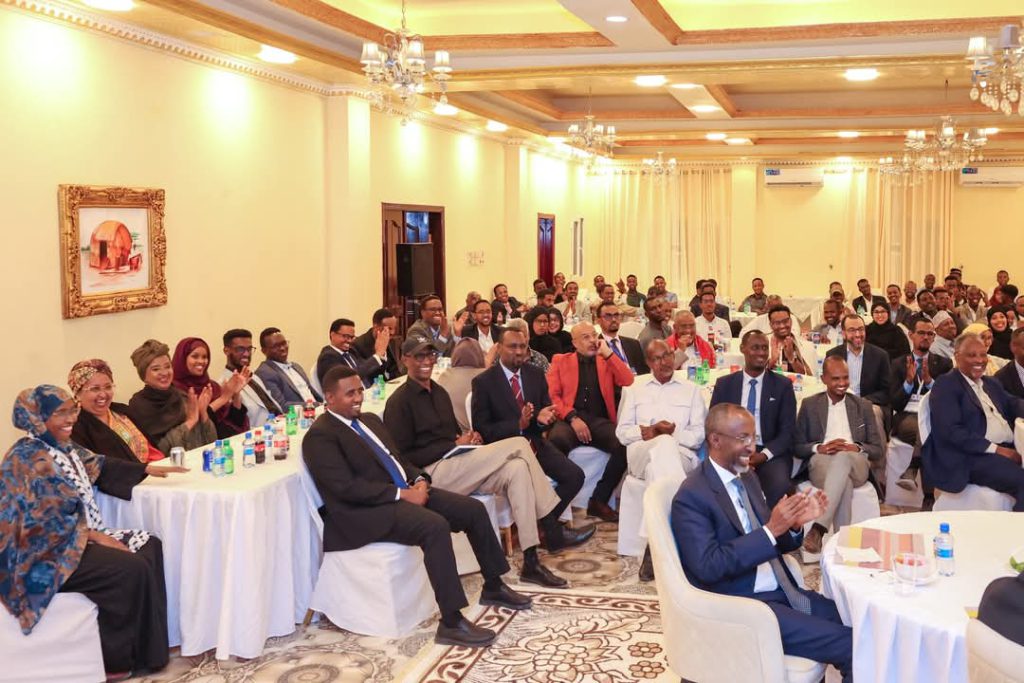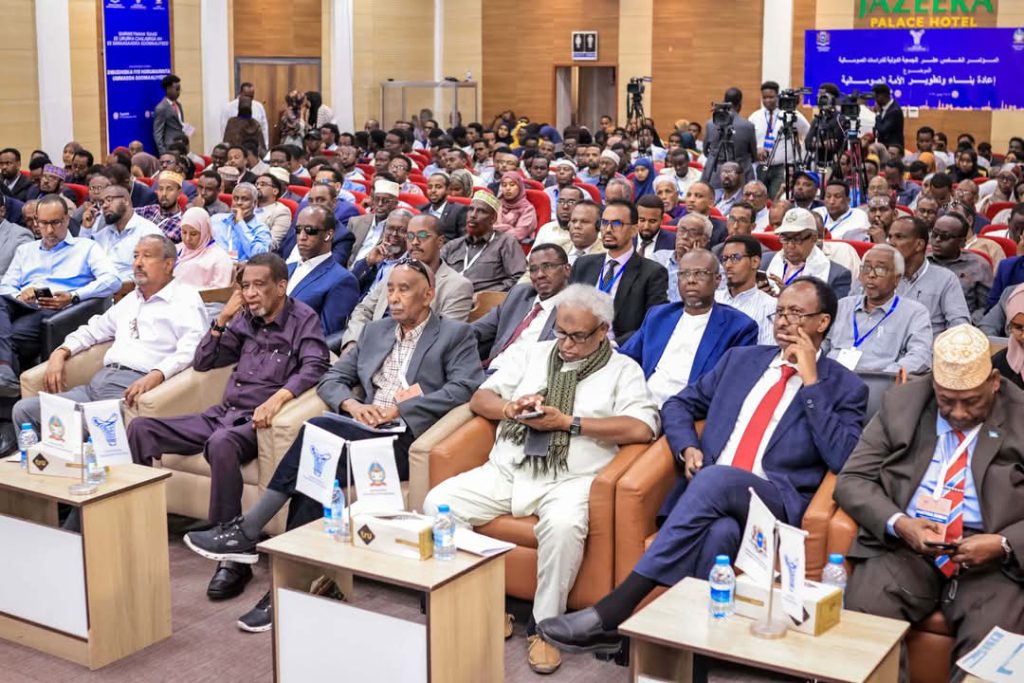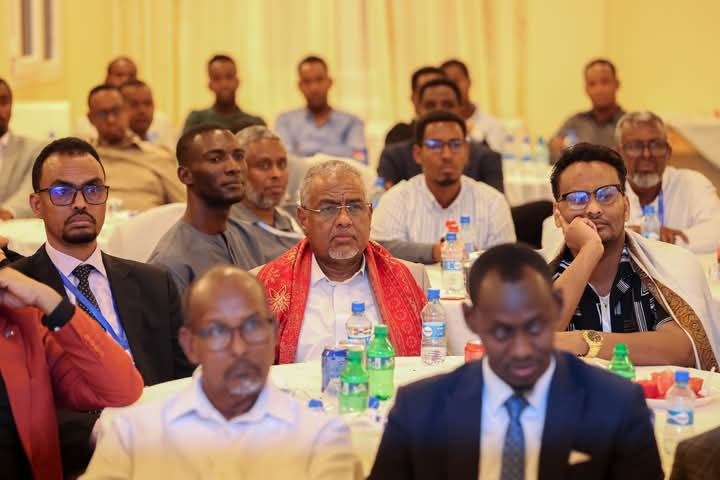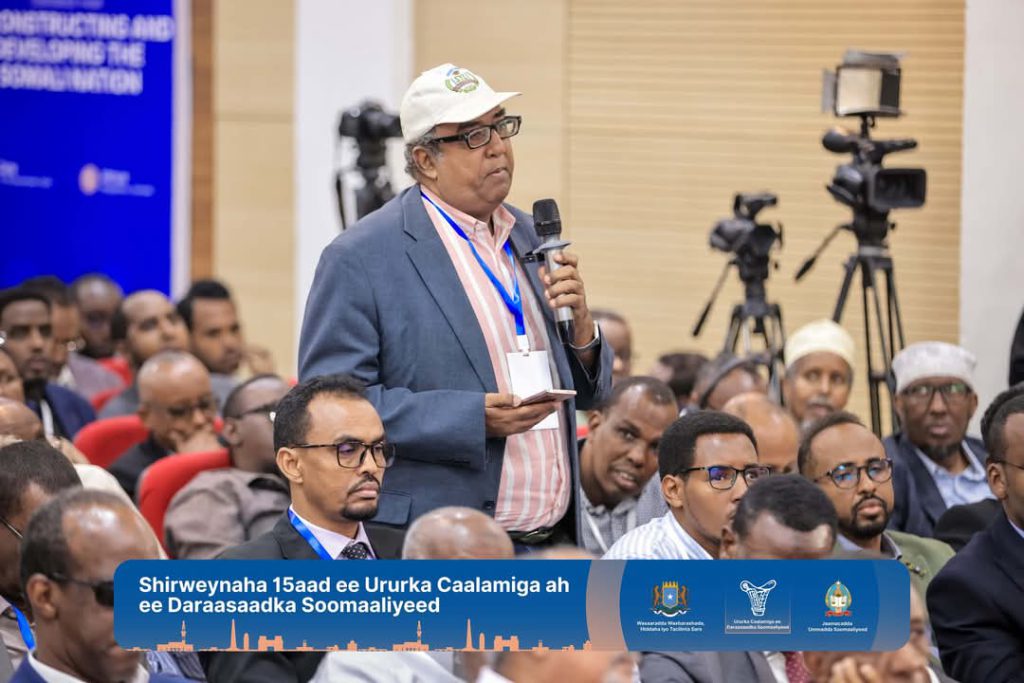After 35 years held abroad, the Somali Studies International Association Congress made a significant return to its roots in Mogadishu, Somalia. Hosted by the Ministry of Education, Culture, and Higher Education and the Somali National University, this pivotal event marked a new chapter in Somali scholarly and cultural discourse.
The Congress took place at the Jazeera Hotel in Mogadishu, lasting four days. It was a gathering that not only pulled together Somali intellectuals and scholars from different parts of the world, including places like Jigjiga, Djibouti, and Garissa, but also showcased the increasing solidarity within the Somali regions and the diaspora.
The Congress was officially opened by the President of the Federal Republic of Somalia, Dr. Hassan Sheikh Mohamud, underlining the importance of the event. The closing remarks were made by the Deputy Prime Minister, Mr. Salah Ahmed Jama, who emphasized the commitment of the Somali government to support and promote scholarly activities.
Key Themes and Discussions
The Congress centered on several critical themes, reflecting the pressing needs and aspirations of the Somali people:
- Reconstruction and Development: Discussions highlighted strategies and plans to rebuild the nation’s infrastructure and restore its institutions, focusing on sustainable development and economic resilience.
- Security and Policy: With Somalia’s ongoing challenges, sessions dedicated to security policies and governance were prominent, offering insights into the complexities of peacekeeping and state-building.
- Cultural Preservation and Promotion: Scholars presented over 30 research papers exploring Somali language, heritage, and culture, proposing pathways to revitalize these critical aspects of Somali identity.
- Leadership and Governance: Innovative research was shared concerning leadership practices and political frameworks essential for the region’s stability and growth.
Cultural Events and Networking
In true Somali hospitality, President Mohamud hosted a dinner in honor of the delegates, providing a platform for informal discussions and strengthening of networks among the scholars, policymakers, and attendees. This gesture not only emphasized the cultural richness of Somalia but also its tradition of warmth and welcome.
Conclusion
The return of the Somali Studies International Association Congress to Mogadishu is a landmark event, symbolizing a renewed focus on homegrown scholarship and an affirmation of Somalia’s progress on the world stage. It stands as a beacon of hope and a testament to the resilience and intellectual contributions of the Somali people.
As Somalia continues on its path of recovery and reformation, the insights and discussions from this Congress will undoubtedly play a crucial role in shaping the nation’s future. The engagement of the international Somali scholarly community not only enriches the discourse but also bridges the gaps between Somalia and the global community.
